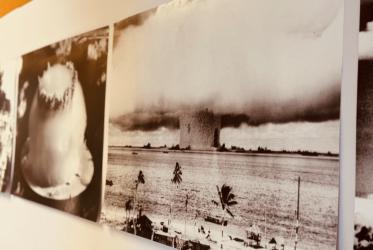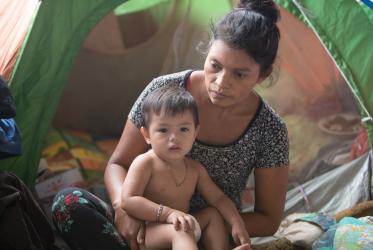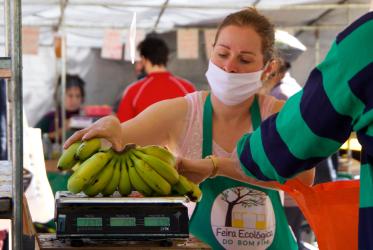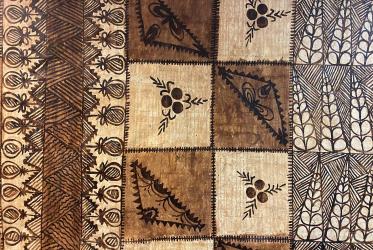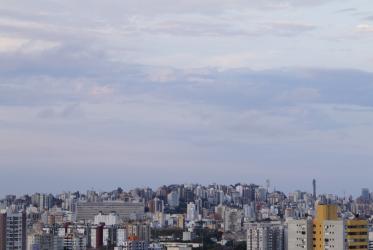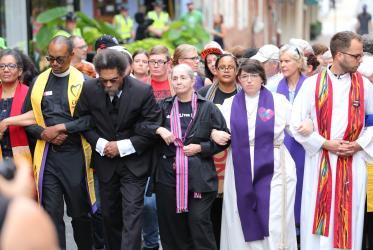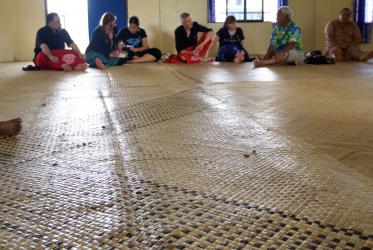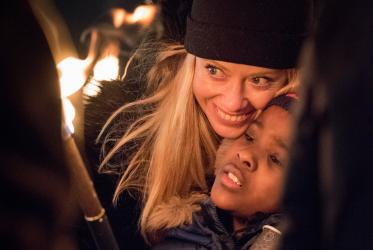Displaying 1 - 20 of 32
08 March 2024
Ecumenical Centre, 150 Route de Ferney, Geneva
WCC Eco-School for Europe and North America region
11 - 18 November 2023
Orthodox Academy of Crete, Greece
Missing and Murdered: Addressing Femicide and Sexual and Gender-based Violence in our Global Context
25 November - 02 December 2021
Webinar: “Climate Justice, Food, and Faith”
09 November 2021
Webinar will remember past massacres in Marshall Islands, Kanaky, Samoa
18 October 2021
https://us02web.zoom.us/webinar/register/WN_auNIo99OSg2-BSipSLGTMA
Online event-“Anti-racist in Christ? Ecumenical Christian Repentance, Reflection and Action on Racial Discrimination and Xenophobia.”
14 - 17 June 2021
https://us02web.zoom.us/webinar/register/WN_U6s791s5TPqMZAywAFMdYA
Seven Weeks for Water 2021
17 February - 29 March 2021
Reweaving the Ecological Mat - Pacific Voices for a New Creation
04 February 2021
Webcast: "WCC partners welcome the entry into force of the Treaty on the Prohibition of Nuclear Weapons”
27 January 2021
Online - https://www.oikoumene.org/live
Rethinking Ecological Relationships in the Anthropocene era
11 - 13 February 2021
